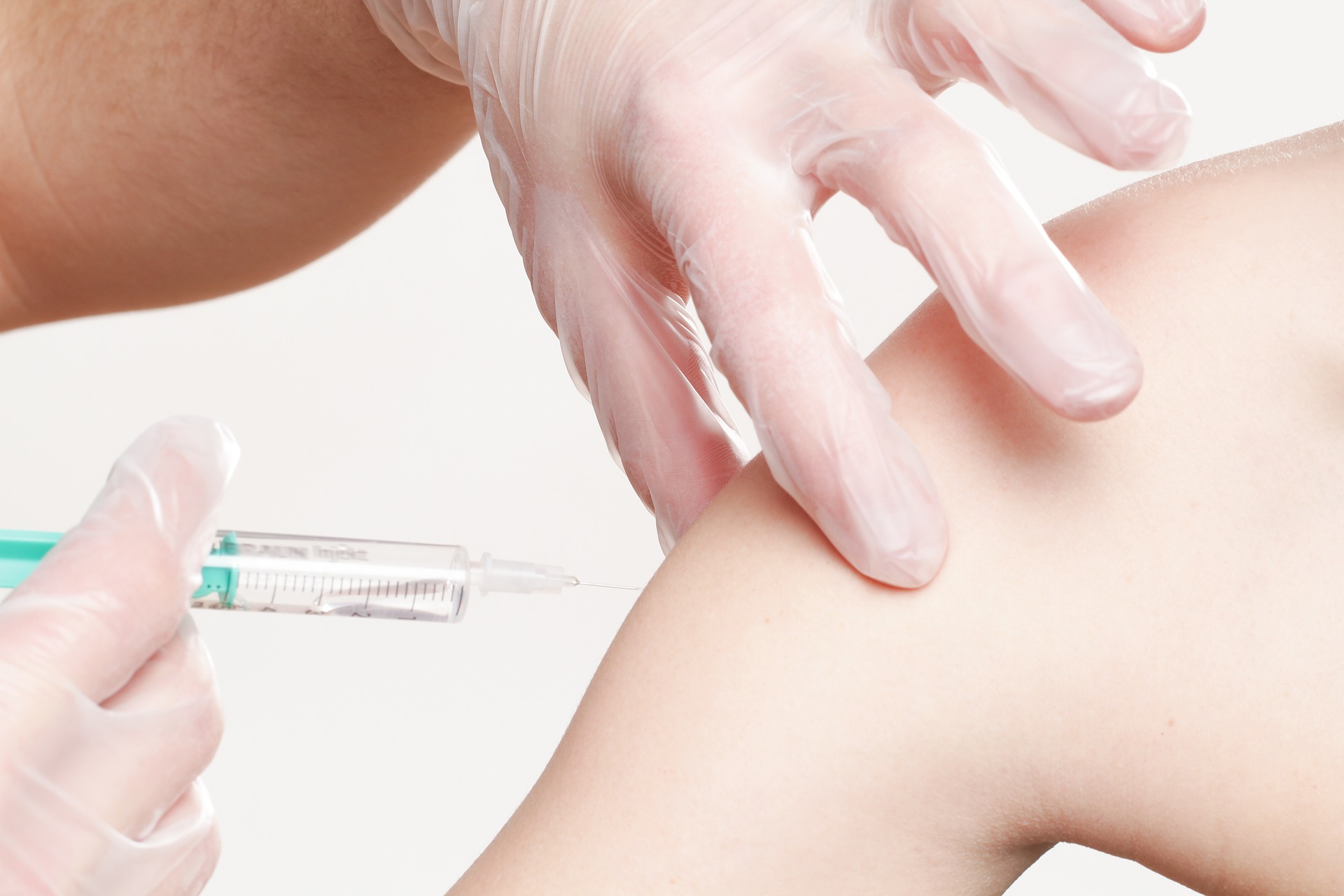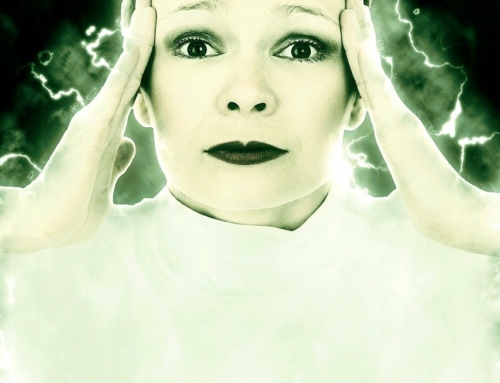Vaccines are such a hot and controversial topic so let me be very clear, I am not going to tell you to get this vaccine or not get it but just present as many facts as I can so you can make an informed decision for yourself and your family.
I wrote about HPV oral infections last week so if you missed this blog please go back and read it because it had important information. Here is a link for that blog.
First, here are some quick facts about HPV that you need to know.
- 70% of cervical cancers are caused by HPV 16 or HPV 18
- 95% of HPV related anal cancers are caused by HPV 16 and 90% of all anal cancers are related to HPV
- 70% of HPV related oral cancers are caused by HPV 16
- There are 13 strains of HPV that have been shown to cause cancer. Nine of these are considered high risk: 16, 18, 31, 33, 35, 39, 45, 52, and 58
- Most HPV infections typically resolve on their own in 1-2 years without progressing to cancer
- It may take 10-30 years for a HPV related cancer to occur so a newly detected infection may be a reactivation of an old infection
- Women under the age of 25 are at greatest risk of HPV infection with a second peak after the age of 55.
- The median age at diagnosis of cancer (the age at which half of cancer patients were older and half were younger), is—
- 49 years for HPV-associated cervical cancer.
- 67 for HPV-associated vaginal cancer.
- 66 for HPV-associated vulvar cancer.
- 69 for HPV-associated penile cancer.
- 62 among women and 59 among men for HPV-associated anal cancer.
- 62 among women and 61 among men for HPV-associated oropharyngeal cancers.
With all these statistics, it makes you want to run out and get everyone vaccinated but you need to hear the rest of the story about potential side-effects…. READ ON
There are three difference vaccines for HPV on the market with only one of them available in the United States, Gardasil 9. The original Gardasil was approved in 2006 and was eventually replaced by Gardasil 9 in 2014. Gardasil 9 targets seven high risk HPV strains including 16 & 18 as well as 31, 33, 45, 52 and 58. In addition it targets HPV types 6 & 11 which are responsible for 90% of genital warts.
Gardasil is given as a two or three shot injection depending on the age when the initial injection is given.
The Center for Disease Control has the following vaccination guidelines:
All children aged 11 or 12 should bet two HPV vaccine shots 6-12 months apart
Recommended for young women through age 45 (this was just increased to age 45 in October 2018)
Males up to age 26
Adolescents who get their first dose at age 15 or older need three doses given over 6 months
Gardasil has been shown to offer protection against the targeted HPV types for at least 6 years with recent studies reporting lasting effects for up to 12 years. Long term studies are still in progress to evaluate how long these offer protection. Short term studies are indicating low infection rates in the 2-3 years post-vaccination with some studies reporting greater than 95% protection against the related strains in younger age groups and around 88% effectiveness in women in the 26-45 age group.
Gardasil did not have to demonstrate true effectiveness of prevention of cervical cancer prior to being licensed by the FDA. The pre-licensing studies were limited to five years and since cervical cancer can occur anywhere from 10-30 years from exposure this end point could not be measured. A recent study released in January 2019 reported efficacy for up to 12 years and studies are ongoing to keep evaluating this. Since the highest risk of cancer is in the 49 or higher age groups it will be interesting to see how this vaccine translates into decreased cancer risks in those age groups so I would say the data is still pending. For now, it does seem to show a lower rate of cancer in the younger age groups.
Reports of serious adverse events and deaths started within weeks of FDA licensure of the original Gardasil vaccine. Less than one year there had been 2227 reports of serious adverse events following administration including seven deaths.
There was a significantly greater risk of severe adverse events including Guillain-Barre Syndrome, respiratory and cardiac problems, central nervous system issues, convulsions, and neuromuscular problems when Gardasil was administered with Menectra, the meningococcal vaccine.
Number of adverse events being reported after HPV vaccination have been increasing although the use of the vaccine has dramatically decreased during the recent 3-4 years.
The most common side-effects are localized swelling and redness at the injection site which resolve with time. However, serious side effects have been reported including the following:
Postural hypotension (POTS syndrome)
Cognitive impairment
Guillain-Barre Syndrome
Respiratory and cardiac problems
Convulsions
Coordination and neuromuscular problems
Increased risk of blood clots
Growth of warts
Dizziness
Nausea
Headaches
Miscarriages
Syncope (fainting) episodes have also been reported immediately after injection and can be accompanied by seizure-like activity.
In June 2013, the Japanese government withdrew support of the HPV vaccine citing safety concerns related to the high number of serious adverse reaction following vaccination. There is a class action lawsuit for damages related to these vaccines for the numerous health problems post-vaccination of Gardasil as well as Cervarix (another vaccine not carried in the US). Their health ministry is still investigating this.
I have seen several POTS (Postural hypotension) syndrome that I believe is related to the HPV vaccine. This often occurs several years after the vaccination and is manifested as feeling dizzy or faint, nauseous, sweat a lot, significant fatigue, brain fog and headaches among other symptoms. These are often exacerbated when you are standing or are even in the shower. Bottom line, side-effects don’t have to be immediate so keep this in mind.
Who should not get the vaccine (according to the manufacturer)
Any female who is pregnant
Anyone with an allergy to yeast
If you or your children are going to get the vaccine I would recommend the following:
- Do not get the vaccine when you are sick
- Do not get the vaccine in combination with any other vaccines (especially the meningococcal vaccine)
- Even though CDC is recommending the vaccine if you have an active HPV infection, the preclinical trials had some progression of HPV infections and the later trials didn’t really address this so I think this is a grey area. Once it clears and becomes dormant then I think it would be more appropriate. Note: this is just my opinion and I have no data that is indicating this as a good recommendation. Of course, you would need to actively protect against getting other HPV infections while waiting on the current one to go dormant.
- Avoid this vaccine if you have a severe allergic reaction to yeast
Keep in mind, this vaccine is not intended to treat existing cancer. There are new treatments being evaluated for this. I think we have to be very proactive with high risk HPV types that are pre-cancerous and not go down the watch and wait path. Please call us if you have been diagnosed with any HPV infection so we can guide you on an active protocol to try and help the active infection go dormant and reverse.
To your health,
Laura









